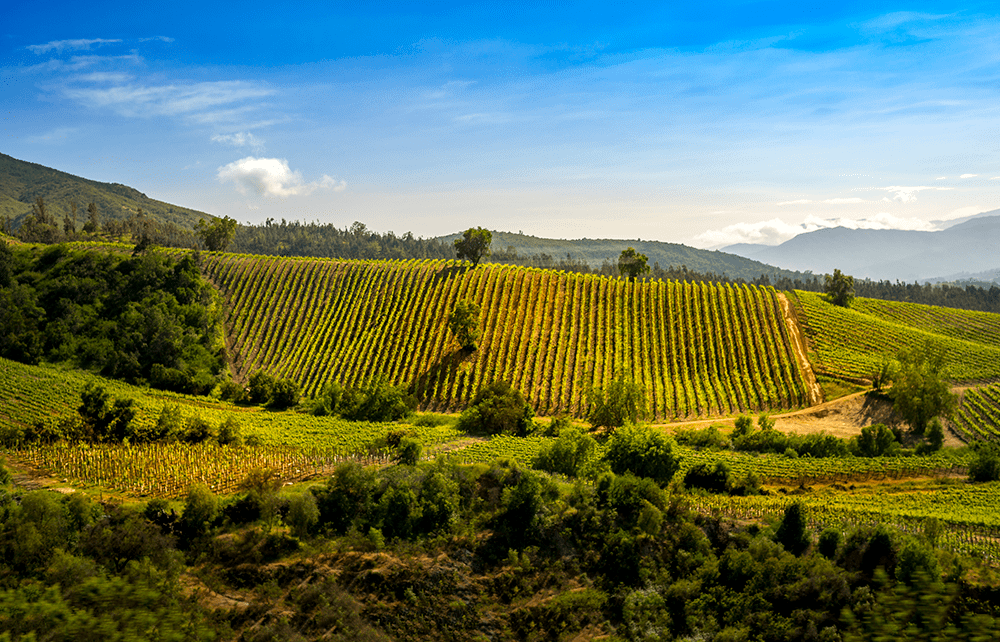We were assembled to taste Chilean wines assisted by magnificent Scottish food, courtesy of the Scottish embassy in London, otherwise known as Boisdale. But there was a problem of etiquette. As we were dealing with Chilean matters, I thought that we should propose a toast to a great Chilean and a staunch ally of this country, General Pinochet, who saved his own nation from becoming another Cuba or a mess like the current Venezuela.
The left will never forgive Pinochet or Kissinger for frustrating Marxist ruin
My neighbour expressed doubt. Surely the general committed atrocities? I conceded that the overthrow of Allende was not bloodless. But the sort of men who emerge from history to commit acts of necessary ruthlessness would not have sought an alternative career running a vegan restaurant. Pinochet stabilised Chile, promoted economic progress and created the conditions for restoring democracy. His successes vastly outweigh any faults. Henry Kissinger is widely believed to have encouraged Pinochet. If so, this was not the least of that great statesman’s achievements. The international left will never forgive Pinochet, or Kissinger, for frustrating Marxist ruin. The rest of us should salute his memory while also paying tribute to the help he gave us during the Falklands War, to save British subjects from being ruled by a pack of operatic generals whose cruelty was wholly unjustified. It should be a source of shame that Britain rewarded Pinochet by arresting him.
Anyway, I decided my toast would be a silent one. Oddly enough, not everyone in the room might agree, so our debate should concentrate on wine, where there was no disagreement. The Spanish brought wine–making to Chile around the beginning of the 17th century. It was and remains a curiously shaped country, a long narrow streak of territory, sandwiched between the mountains and the sea. This would create a problem in any war, while helping to explain the Chileans’ wariness of their Argentinian neighbours on the other side of the Andes. But it is an ideal climate for wine-growing. On the lower slopes of the mountains, the soil is full of decayed limestone: perfect for minerality. Sea breezes promote a stable climate, which means that there is little variation in the annual quality of the vintages. Judging by the ones we tasted, they are indeed all good.

The House of Casa Real/Santa Rita dates from 1880, and it started with one major advantage: vines that survived the phylloxera plague which destroyed so many European vineyards. From the outset, they drew on French grape varietals: Chardonnay and Cabernet Sauvignon. We started with a Chardonnay Gran Reserva 2023: minerality to the fore. It was balanced, with an excellent nose and a long finish. But it lacked hay and butter flavours, so was clearly not from Burgundy. Sebastian Labbé is Santa Rita’s excellent head vigneron, combining technical prowess and a delight in its results: a perfect blend of science and joy. If I hadn’t known we were drinking Chilean, and since he started his wine journey in New Zealand, I might have guessed a Kiwi product.
But it was a good drink, fine on its own or with fish. This Gran Reserva was, of course, young. But Santa Rita’s philosophy is simple: make wines that will last for ten to 15 years but will drink well now. This was true of all the wines we tasted: Sémillon, Cabernet Sauvignon and Carménère. All young, all well-made, fruit and structure in harmony: good today, and those who buy could have confidence in their bottles’ cellar life. We finished with Santa Rita’s Cabernet Sauvignon Reserva Especial 2011. Ranald Macdonald, our magnificent host, declares it is the best South American wine he has ever drunk. It had the class of a serious Bordeaux: third-growth level. Look out for Santa Rita wines. You will not be disappointed.






Comments